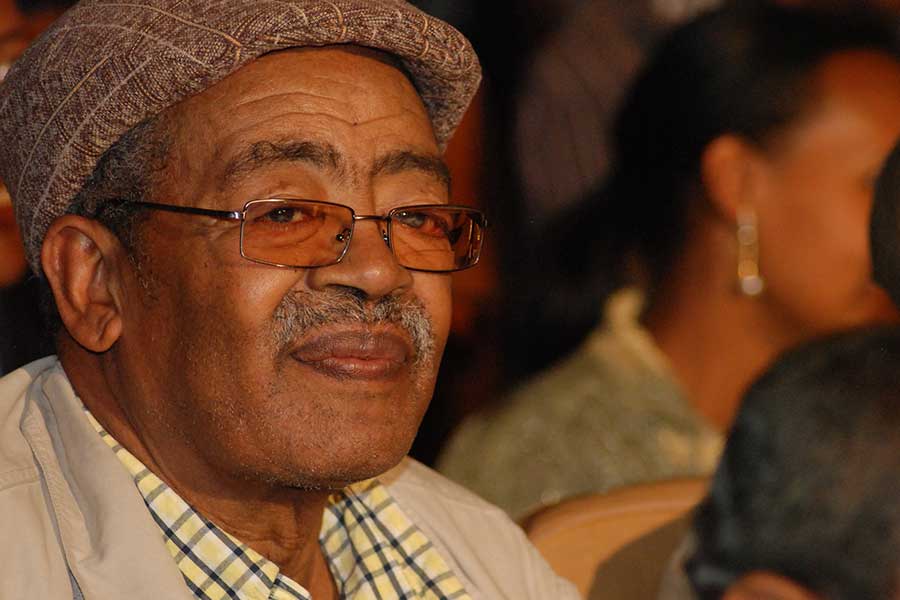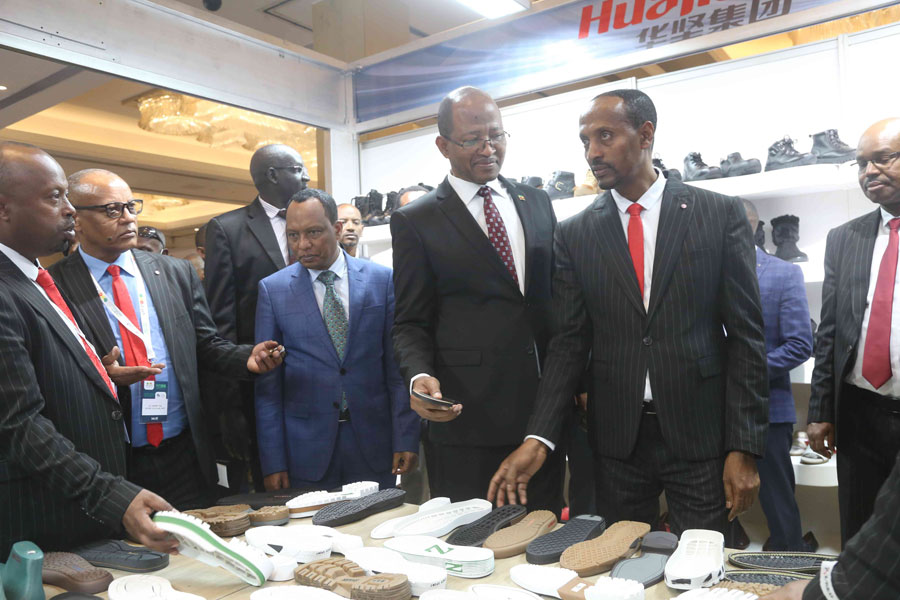
Editorial | Jun 04,2022
Jun 22 , 2024
By Kidist Yidnekachew
While riding the bus the other day, I noticed a young woman deeply engrossed in a phone conversation. She was recounting the story of finally getting her driver's license, vividly describing the difficult exams and the "token of appreciation" of 1,000 Br allegedly given to the instructor for "tea." She did not consider it as a bribe but I could not help but disagree. Her behaviour depicts the shadowy system of bribery that permeates driving tests, creating a dangerous situation on the roads.
Her instructor had thoroughly explained the exam, but passing was not guaranteed. Failing meant paying again to retake the test but the young woman aced it, despite uncertainities. A similar situation with a friend exposed the system's true darkness with the assigned instructor demanding a hefty 5,000 Br bribe upfront, even before she completed the practical requirements.
This blatant extortion attempt, sadly not uncommon, reveals the exploitation within the licensing process. The proper route involves receiving adequate training and passing the driving test fairly. But this system of bribery thrives for several reasons.
Low salaries for examiners and weak enforcement mechanisms create a breeding ground for corruption. The subjective nature of the test allows some examiners to exploit this by failing deserving candidates and offering a "second chance" for a price. Students may also be driven to bribery by fear of failure, time constraints, or unclear testing procedures.
The consequences of this bribery cycle are severe. Unqualified drivers pose a safety hazard, increasing accidents, injuries, and fatalities. Recent statistics from transport authorities show a surge in traffic accidents, with penalties doubling to over 1.1 billion Br in the past year. Transport authorities placed blame on driving schools and vehicle inspection centres during a presentation at Parliament.
Beyond safety concerns, a corrupt system erodes public trust, discourages honest applicants, and undermines the efficiency of the entire licensing process.
To dismantle this system, a multi-pronged approach is necessary. Increasing examiner salaries can eliminate the financial incentive for bribery. Stricter penalties for both examiners and students involved can act as a strong deterrent. Implementing standardised testing procedures with clear, objective criteria will reduce examiner discretion and opportunities for manipulation.
With nearly 100,000 cars joining the roads annually, around 600 driving schools produce thousands of new drivers yearly for tests prepared by transport authorities. Implementing standardised national guidelines for all driving schools would ensure consistent training quality while a digital point penalty system would enable stricter driver monitoring.
Driving schools also play a crucial role. Rigorous teaching on the behavioural aspects is important. Nearly two million drivers were penalised for over nine million traffic violations this year while a crackdown on driving schools led to the cancellation of permits for 10 driving schools across the country. By providing quality instruction and ensuring students are proficient before taking the exam, schools should empower students to confidently take the test without resorting to bribes.
Ultimately, a cultural shift is needed. Cultivating respect for traffic laws and promoting responsible driving practices is paramount. We need a system that prioritises safety and ensures a driver's license signifies competence, not a product of a corrupt system.
PUBLISHED ON
Jun 22,2024 [ VOL
25 , NO
1260]


Editorial | Jun 04,2022

Radar | Aug 10,2019

Agenda | Aug 01,2020

Obituary | Oct 12,2019

Viewpoints | Apr 13,2019

Agenda | Dec 16,2023

Life Matters | Jul 13,2020

Featured | Sep 11,2020

Commentaries | Oct 21,2023

Sunday with Eden | Mar 09,2024

My Opinion | 131981 Views | Aug 14,2021

My Opinion | 128369 Views | Aug 21,2021

My Opinion | 126307 Views | Sep 10,2021

My Opinion | 123925 Views | Aug 07,2021

Dec 22 , 2024 . By TIZITA SHEWAFERAW
Charged with transforming colossal state-owned enterprises into modern and competitiv...

Aug 18 , 2024 . By AKSAH ITALO
Although predictable Yonas Zerihun's job in the ride-hailing service is not immune to...

Jul 28 , 2024 . By TIZITA SHEWAFERAW
Unhabitual, perhaps too many, Samuel Gebreyohannes, 38, used to occasionally enjoy a couple of beers at breakfast. However, he recently swit...

Jul 13 , 2024 . By AKSAH ITALO
Investors who rely on tractors, trucks, and field vehicles for commuting, transporting commodities, and f...

Jul 5 , 2025
Six years ago, Ethiopia was the darling of international liberal commentators. A year...

Jun 28 , 2025
Meseret Damtie, the assertive auditor general, has never been shy about naming names...

Jun 21 , 2025
A well-worn adage says, “Budget is not destiny, but it is direction.” Examining t...

Jun 14 , 2025
Yet again, the Horn of Africa is bracing for trouble. A region already frayed by wars...

Jul 6 , 2025 . By BEZAWIT HULUAGER
The federal legislature gave Prime Minister Abiy Ahmed (PhD) what he wanted: a 1.9 tr...

Jul 6 , 2025 . By YITBAREK GETACHEW
In a city rising skyward at breakneck speed, a reckoning has arrived. Authorities in...

Jul 6 , 2025 . By NAHOM AYELE
A landmark directive from the Ministry of Finance signals a paradigm shift in the cou...

Jul 6 , 2025 . By NAHOM AYELE
Awash Bank has announced plans to establish a dedicated investment banking subsidiary...